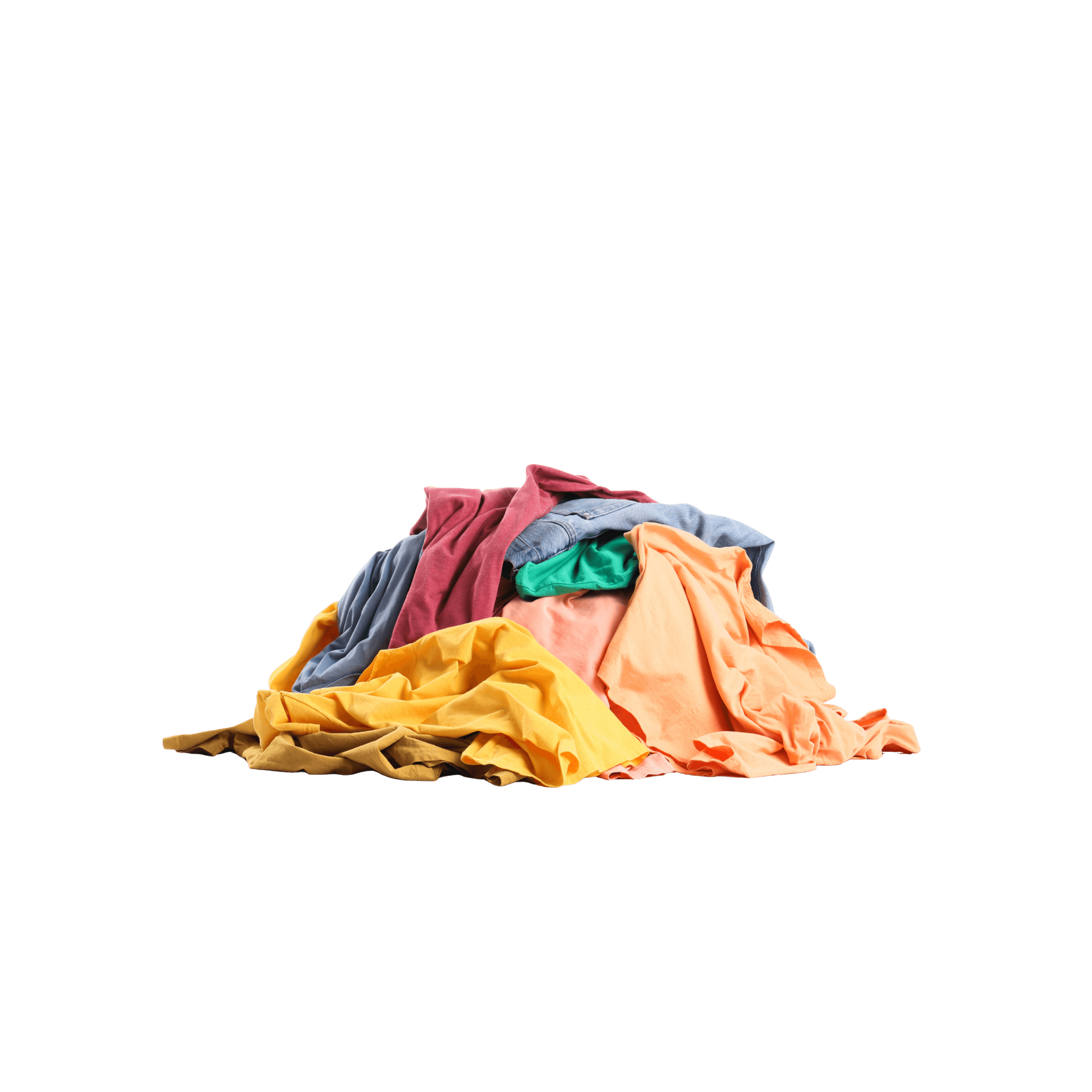Nov 1, 2025

My journey with fashion and trust issues started about six years ago.
I had just gotten into fitness, and I made a deal with myself: if I stuck to a consistent routine for two straight months, I’d reward myself. Not with cake or cheat meals. But with a gorgeous pair of leggings.
I wanted something I could feel proud of. Something that wasn’t just comfy, but clean. Ethical. A little celebration of effort and intention.
So I searched. Not casually. Like actual research-mode. Tabs. Reviews. Everything. Eventually, I found a pair that claimed to be made from recycled PET bottles. BPA-free. BPS-free. Big eco-energy.
When they arrived, I tore into the package like it was a prize. But I looked at the tag and I felt a BIG punch to my gut.
Only 10% of the material in the leggings was recycled polyester.
The rest? Virgin polyester and regular cotton. Not even organic cotton!
My stomach sank. I double-checked the site. And there it was, the material composition, buried deep in a sea of copy and badges that said a lot but meant nothing. I emailed them very politely, asking if I could return this pair.
But their response was somehow worse than the gut punch. They said and I quote “You could have read better. Everything was on our website.”
That line is stuck in my head. And this is my “origin story” :)
And I wasn’t furious because I was denied a return. I was furious because I, the consumer, was being blamed for trusting too easily.
The Day I Became a Detective
After that, I started sleuthing.
I’d check every sustainability claim like it was fine print in a scam. I’d dig through Reddit threads, stalk Good On You, scan Commons Earth. I’d compare buzzwords with actual available information.
Cause I was done being fooled.
A few years into this I realised that I wasn’t the only one.
So many women I spoke to had a similar story. They wanted to shop better, but kept running into a dead end or kept getting burned. They spent hours deciphering whether a brand was genuine or just really good at marketing.
We were trying to make conscious choices. But the cost wasn’t just higher prices. It was emotional labor, decision fatigue, and endless open tabs.
So I Built What I Needed
That’s how Shezaar started. Not as a product. But as a rebellion.
I wanted to make it easier to shop with integrity. To bring transparency to the surface. To stop rewarding brands for hiding the truth in plain sight.
So we built a browser extension.
Shezaar checks what a brand says-and what it actually does. It scans, scores, and suggests better options from verified designers. No guesswork. No 27-tab rabbit holes. Just clarity.
And possibly joy. Because finding a good quality piece that was made with love shouldn’t feel like detective work.
Try It (If You’ve Ever Felt Fooled)
This isn’t a pitch. It’s a nudge.
If you’ve ever:
Bought something with a “green” tag only to regret it
Spent hours decoding if a brand was legit
Felt tired of choosing between cute and conscious
Try the Shezaar browser extension.
We do the sleuthing. You get the clarity.
Because doing better shouldn’t be this hard.
And shopping better shouldn’t make you feel worse.
